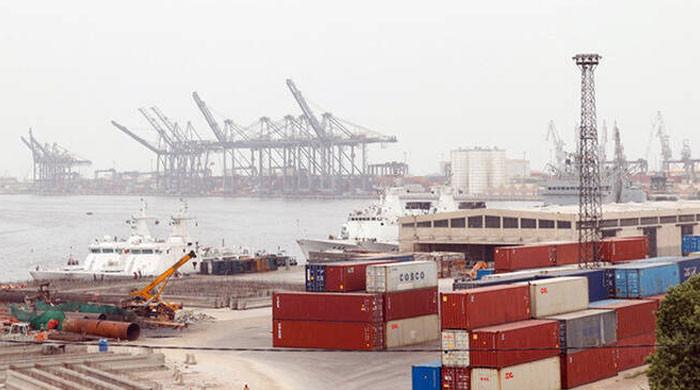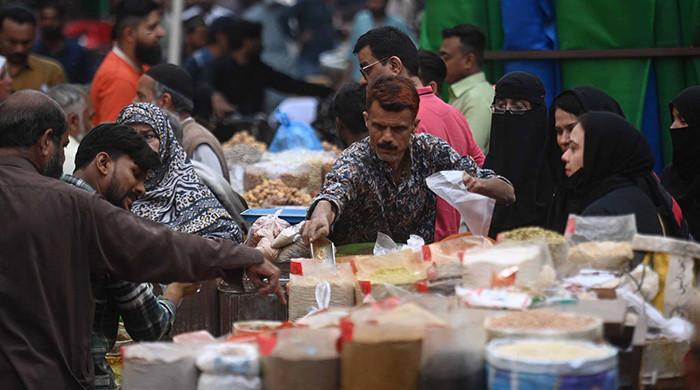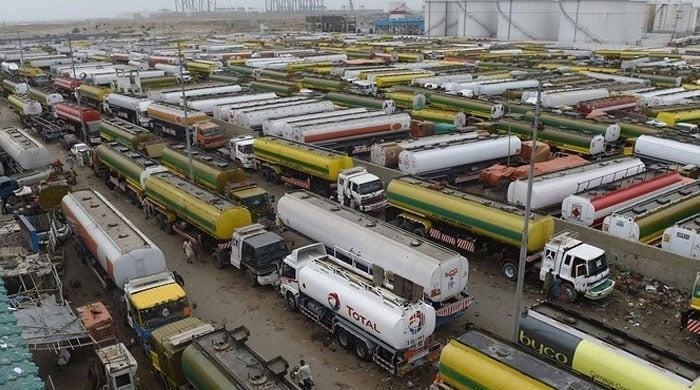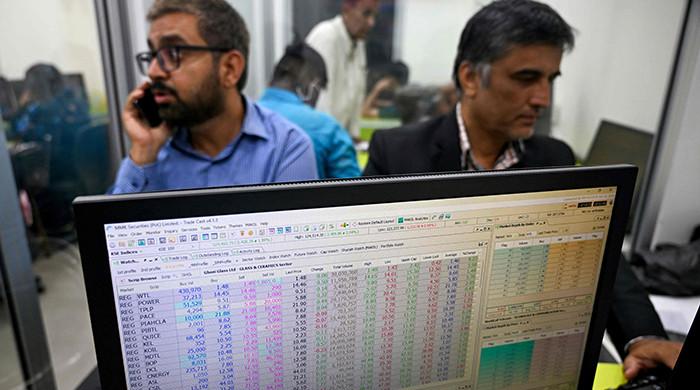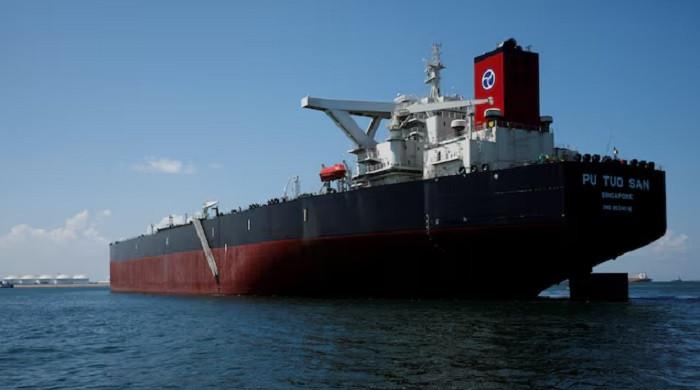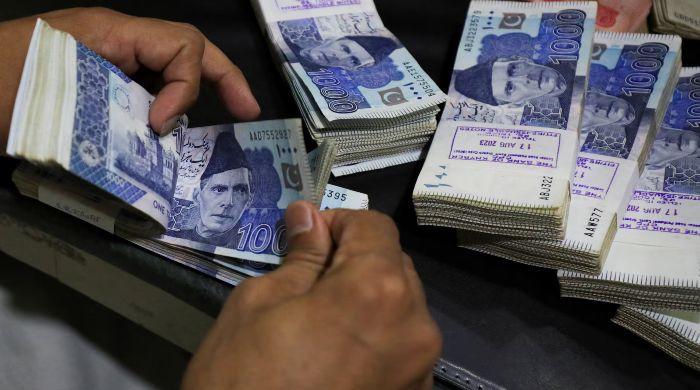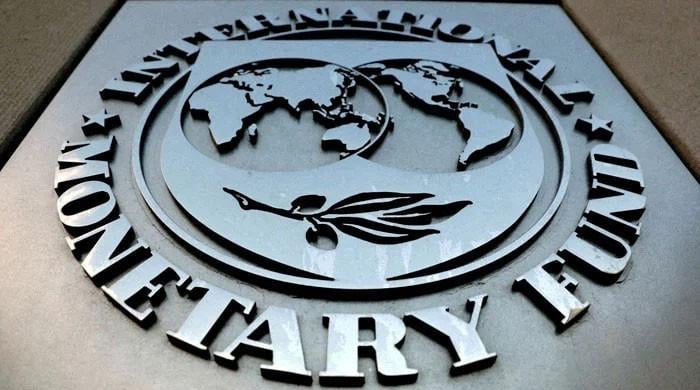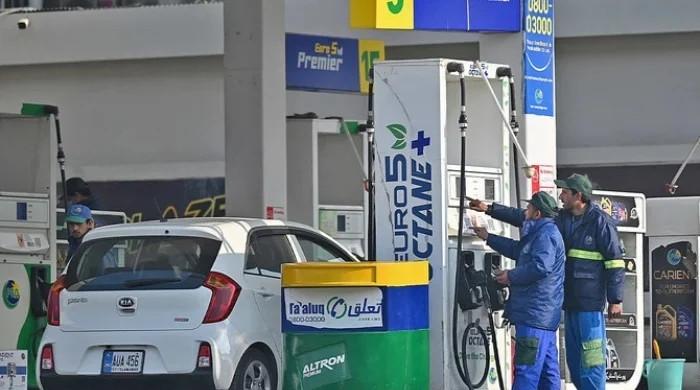Pakistan targets growth in EVs, uses new car taxes to fund subsidies
NA committee also approves government’s proposal to impose 10% sales tax on solar equipment
June 20, 2025
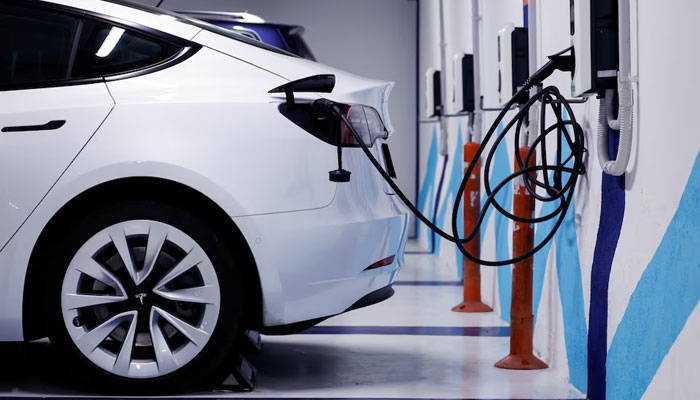
- Sales tax to be implemented "once approved" by parliament.
- Langrial says FBR to identify non-registered businesses.
- Power Division says Rs1.275tr being borrowed from banks.
ISLAMABAD: As part of its global climate commitments, Pakistan intends to increase the manufacturing of electric vehicles (EVs) to 2.2 million units over the next five years, primarily electric motorbikes. However, the government is using new levies on conventional car buyers to pay for these ambitious incentives, which caught lawmakers off guard on Wednesday, The News reported.
During its meeting, the National Assembly's Standing Committee on Finance was informed that a three-tiered levy structure would be implemented: 1% for new automobile purchases up to 1300cc, 2% for those between 1301 and 1800cc, and 3% for those over 1800cc. When committee members learned that these charges were left out of the official Finance Bill 2025–2026, they were shocked.
“The levy detail is missing from the bill,” said the NA body chairman, Naveed Qamar. To which, a law ministry official replied that it was “an omission.”
The committee also approved the government’s proposal to impose a 10% sales tax on solar equipment, in a policy reversal that committee chairman Qamar says originated from the National Assembly, not the Senate. “It was our recommendation, not the Senate’s,” Qamar clarified, despite earlier efforts to shield renewable energy from taxation.
Federal Board of Revenue (FBR) Chairman Rashid Langrial said the sales tax would only be implemented once approved by the parliament. He added that efforts are also underway to expand the sales tax net — non-registered individuals will be forced to register or risk having their bank accounts frozen. “A non-registered person will not be able to operate a bank account,” he warned. Once registered, the account will be restored within 48 hours.
Langrial said the FBR would identify non-registered businesses using data such as electricity consumption and income tax filings, starting with industrial units, especially in Karachi.
In a parallel effort to rein in mounting power sector circular debt, the Power Division said that Rs1.275 trillion is being borrowed from commercial banks at 0.9% below the 3-month Karachi Interbank Offered Rate (Kibor). The funds will be used to retire liabilities of independent power producer (IPPs) and the Power Holding Company over six years and Rs683 billion will immediately cover PHC dues, with Rs323 billion repaid annually.
This debt retirement and financing will be met through Rs3.23/unit Debt Service Surcharge (DSS) from consumers in their bills — exempting lifeline electricity consumers. “This is an IMF condition, and we must fulfill it,” said the power secretary.
Additionally, officials from the Petroleum Division said a carbon levy of Rs2.5 per litre on petroleum products will be starting on July 1, doubling to Rs5 next year. The levy will extend to furnace oil, which continues to be used in IPPs plants despite being phased out from public facilities. The petroleum levy currently stands at Rs77 per litre on petrol and Rs78 per litre on diesel, and the government plans to raise the cap to Rs90 per litre.
Finance Minister Muhammad Aurangzeb, addressing the committee, firmly stated that “the era of tax exemptions and amnesties is over”. He emphasised the need to bring more people into the tax net, stressing enforcement over leniency. “We must now ensure compliance, not continue offering carrots,” he concluded.




